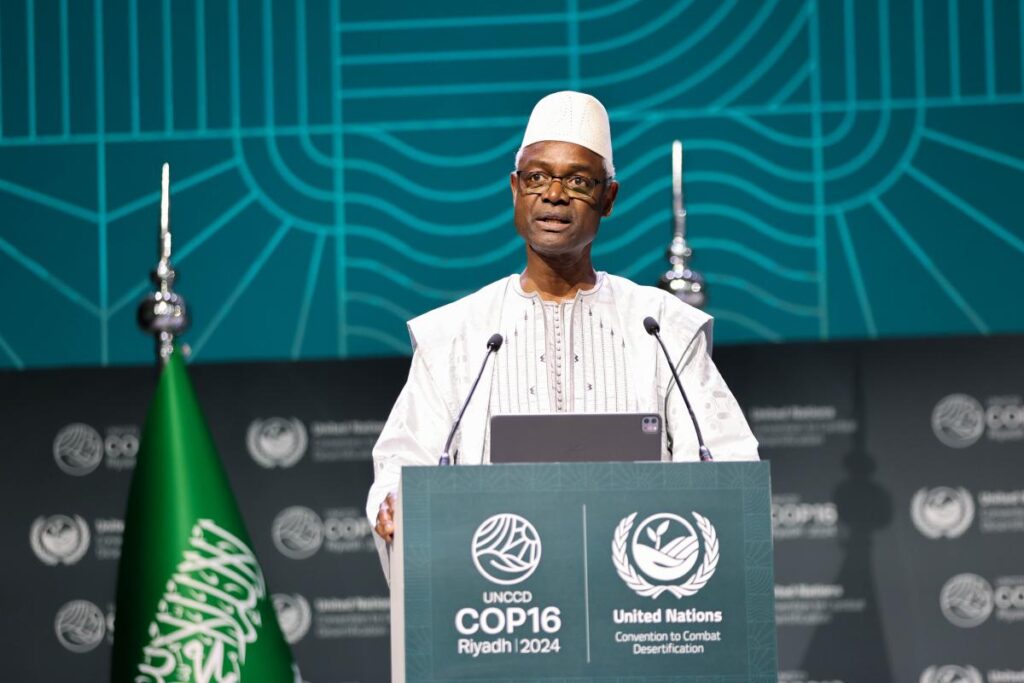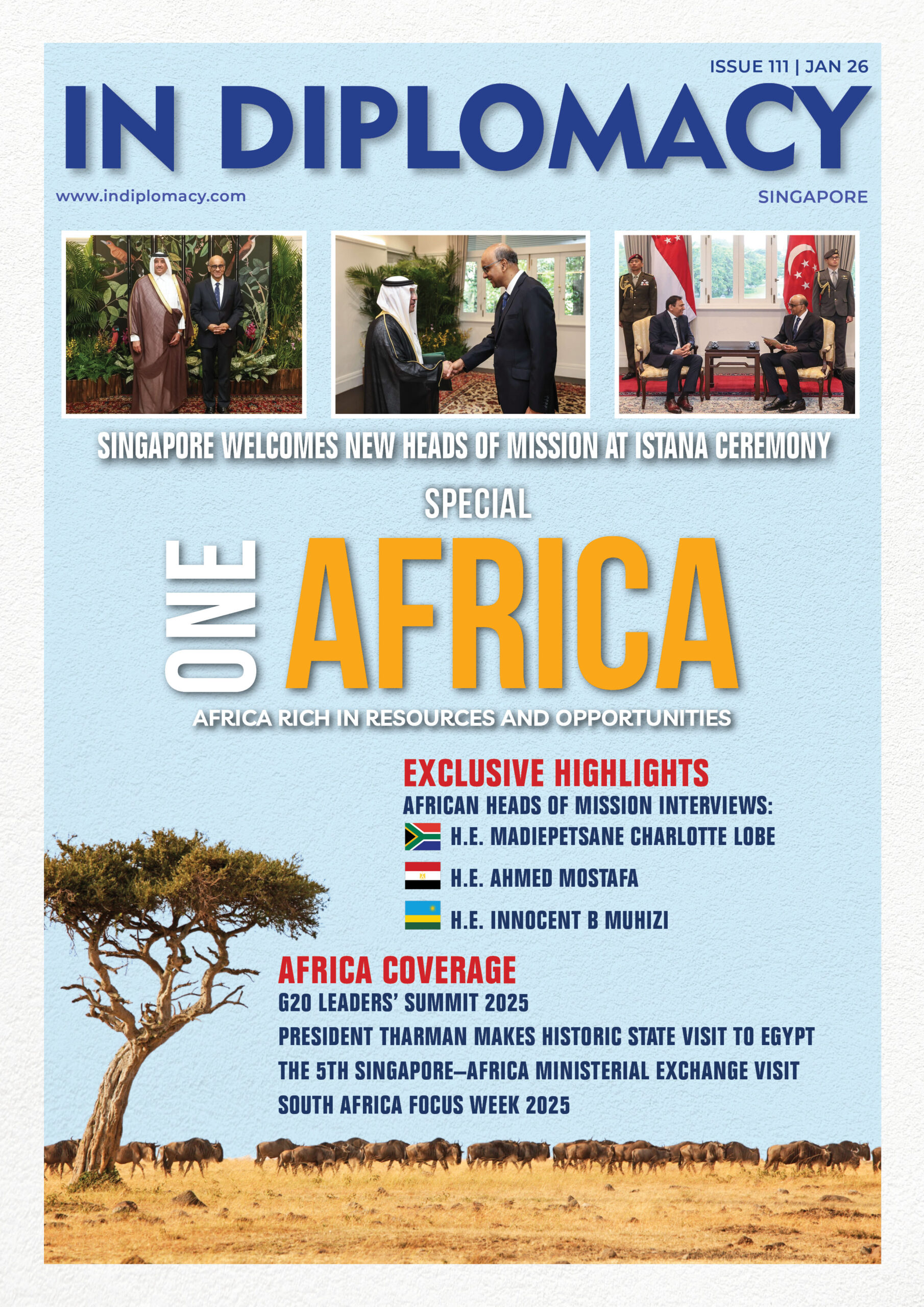
The 16th UNCCD COP16 concluded with commitments to prioritise land restoration, drought resilience, and financial pledges totalling over USD 12 billion.
Riyadh, Saudi Arabia, 14 December — The 16th Conference of the Parties (COP16) to the United Nations Convention to Combat Desertification (UNCCD) concluded in Riyadh after two weeks of extensive negotiations aimed at tackling land degradation, desertification, and drought. Representatives from nearly 200 countries pledged to prioritise land restoration, enhance drought resilience, and accelerate global cooperation to address these pressing issues.
Key outcomes included a commitment to develop a global drought regime by COP17 in Mongolia in 2026, alongside significant financial pledges exceeding USD 12 billion. The Riyadh Global Drought Resilience Partnership alone secured USD 12.15 billion, with a notable USD 10 billion pledge from the Arab Coordination Group to support 80 vulnerable nations. Additionally, the Great Green Wall initiative in Africa received EUR 11 million from Italy and EUR 3.6 million from Austria to advance restoration efforts in the Sahel region.
The conference, which marked the first-ever UNCCD COP in the Middle East, attracted over 20,000 participants, including 3,500 civil society representatives. It also introduced landmark measures such as the creation of dedicated Caucuses for Indigenous Peoples and Local Communities to amplify their voices in global land governance. UN Deputy Secretary-General Amina J. Mohammed highlighted the importance of inclusivity, stating, “Youth and Indigenous peoples must be at the heart of these conversations… Their wisdom, their voices, and their creativity are indispensable.”
COP16 also underscored the role of science, with reports revealing that 77.6% of Earth’s land has experienced drier conditions since the 1990s. The continuation of the Science-Policy Interface was agreed to ensure decisions remain grounded in evidence. The conference further spotlighted the private sector’s role in land restoration, launching the Business4Land initiative to drive sustainable finance and environmental strategies.
The Kingdom of Saudi Arabia reaffirmed its commitment to environmental sustainability through new projects valued at USD 60 million under the Saudi Green Initiative. The event also showcased innovations such as the International Drought Resilience Observatory (IDRO), an AI-driven platform to assess global drought resilience.
COP16 President Abdulrahman Alfadley, Saudi Arabia’s Minister of Environment, Water, and Agriculture, described the conference as a turning point, stating, “We hope the outcomes of this session will lead to a significant shift… to preserve land, reduce its degradation, and build capacities to address drought.”
As the world looks towards COP17 in Mongolia, attention will focus on implementing these commitments and fostering long-term solutions to safeguard land and livelihoods.
















